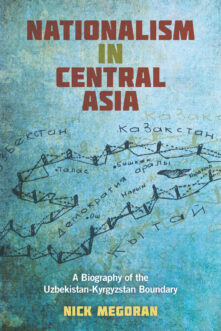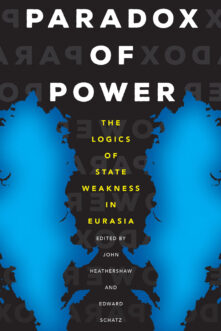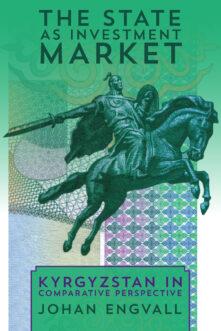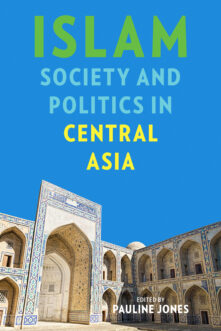During the 1990s, there was a consensus that Central Asia was witnessing an Islamic revival after independence, and that this would follow similar events throughout the Islamic world in the prior two decades, which had negative effects on both social and political development. Twenty years later, we are still struggling to fully understand the transformation of Islam in a region that’s evolved through a complex and dynamic process, involving diversity in belief and practice, religious authority, and political intervention. This volume sheds light on these crucial questions by bringing together an international group of scholars who offer a fresh perspective on Central Asian states and societies.








